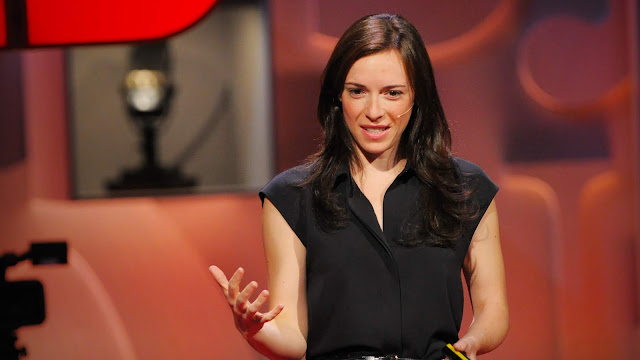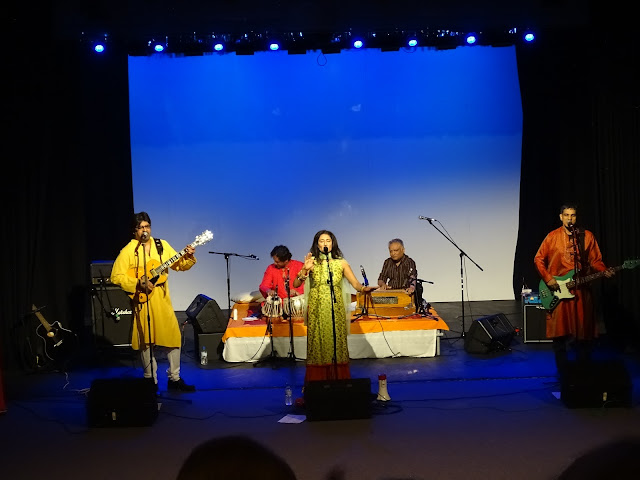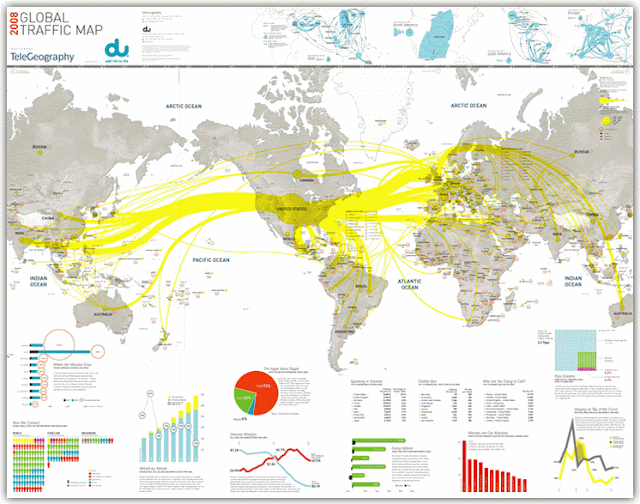Panel on Religion in Israel/Palestine
This past Wednesday, Global Scholar Mady Burke facilitated an engaging panel on religion in Israel/Palestine. She invited and supported discussion between members of the three major faith groups represented in the region, the Abrahamic faiths. Bishop John Taylor, the Los Angeles Bishop of the Episcopal Church, was the individual from the Christian faith on the panel; Marium Mohiuddin, who works in interfaith communication, from the Muslim faith; and Eliana Kaya, an interfaith facilitator and former soldier in the Israeli Defense Forces, from the Jewish faith. The event started slow, with two of the panelists caught up in unusually heavy traffic even by Los Angeles standards. A few minutes before they were to arrive, Mady began by introducing herself and why she elected to carry out this capstone project. She shared about her semester abroad in Israel and the differences she noticed in the role, or lack thereof, religion played abroad and at home.

Once all the panelists were in attendance, they introduced themselves and discussed their relationship to Israel/Palestine as well as their respective religion’s ties to the land of the region. All of the panelists were deeply invested in the region and had numerous anecdotes to share. The conversation grew naturally from there, with each panelist adding on to the other and affirming the other’s experiences. The discussion that followed Mady’s first question took up nearly half of the event, revealing the passion that the panelists have for the topic. Mady’s second and last question prompted the panelists to consider specifically the intersection or interaction of different faith groups in Israel/Palestine. Bishop Taylor mentioned the management of the Church of the Holy Sepulchre by six Christian groups, all of whom defer to the Muslim group that is responsible for the opening and closing of the church to visitors each day. The conversation concluded with a powerful description of Kaya’s first trip to Palestine, during which she had to hide her Israeli passport in order to pass checkpoints set up by the Israeli state. She recognized, in her travels, that the conflict between Israel and Palestine, which she characterized as far more geopolitical than religious in nature, was not only a matter of different views on land or borders, for example, but also a matter of wealth inequality and poverty. The event concluded twenty minutes after expected, much to some of the audience members’ chagrin. Many stayed behind to continue the discussion with the excellent panelists and the moderator of the discussion herself.

Once all the panelists were in attendance, they introduced themselves and discussed their relationship to Israel/Palestine as well as their respective religion’s ties to the land of the region. All of the panelists were deeply invested in the region and had numerous anecdotes to share. The conversation grew naturally from there, with each panelist adding on to the other and affirming the other’s experiences. The discussion that followed Mady’s first question took up nearly half of the event, revealing the passion that the panelists have for the topic. Mady’s second and last question prompted the panelists to consider specifically the intersection or interaction of different faith groups in Israel/Palestine. Bishop Taylor mentioned the management of the Church of the Holy Sepulchre by six Christian groups, all of whom defer to the Muslim group that is responsible for the opening and closing of the church to visitors each day. The conversation concluded with a powerful description of Kaya’s first trip to Palestine, during which she had to hide her Israeli passport in order to pass checkpoints set up by the Israeli state. She recognized, in her travels, that the conflict between Israel and Palestine, which she characterized as far more geopolitical than religious in nature, was not only a matter of different views on land or borders, for example, but also a matter of wealth inequality and poverty. The event concluded twenty minutes after expected, much to some of the audience members’ chagrin. Many stayed behind to continue the discussion with the excellent panelists and the moderator of the discussion herself.



Comments
Post a Comment